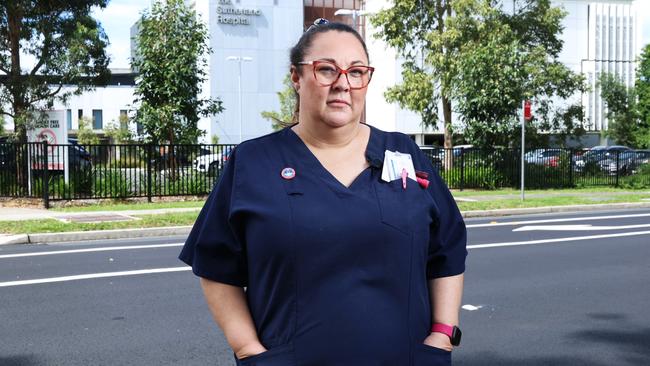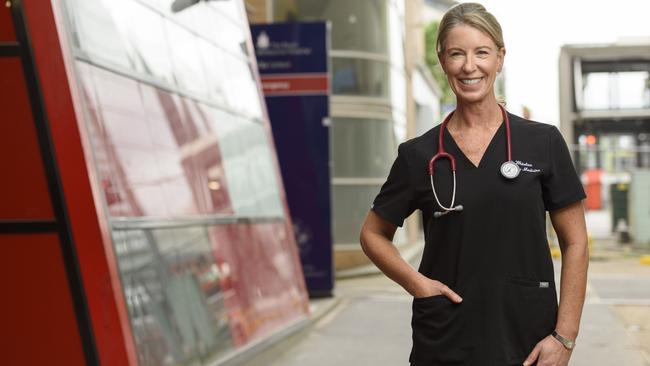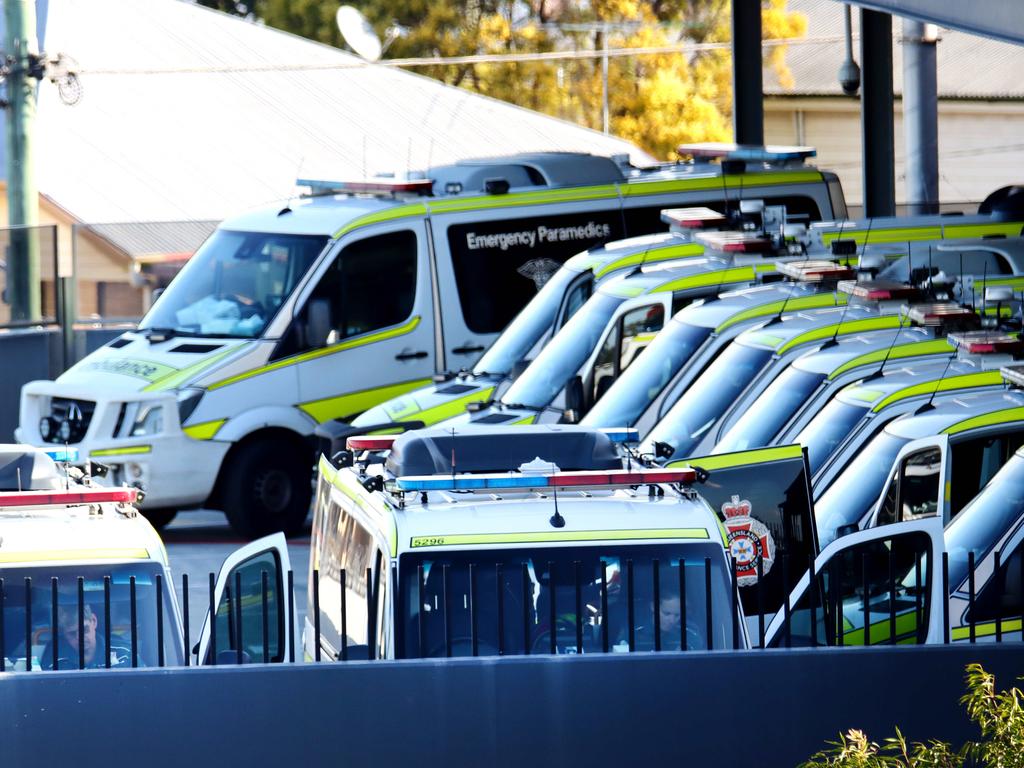Kicked, punched, spat on: violence against emergency staff increasing
Almost all hospital emergency department staff have experienced violence at the hands of alcohol-affected patients, a survey by Monash University finds.

After almost 30 years working as an emergency department nurse, Colette Duff starts her shifts expecting to receive or at least witness violence.
She has seen staff thrown against walls, punched, kicked and spat on. And the NSW Nurses and Midwives Association Sutherland Hospital branch president is far from alone.
Almost all hospital emergency department staff across Australia and New Zealand have experienced physical and verbal aggression from alcohol-affected patients, with alcohol-related incidents on the rise, according to new research by Monash University.
A survey of hospital emergency department staff has revealed that 97.9 per cent of ED staff have experienced verbal aggression, and 92.7 per cent have experienced physical aggression – with half of the respondents experiencing such incidents weekly, leading to the level of violence being “accepted as normal”.
The findings have prompted warnings of a “national crisis”
The survey of 1284 ED staff on their experiences over 12 months between 2021 and 2022 found two-thirds believed the problem of alcohol-affected patients had worsened in the past five years.
Head researcher Diana Egerton-Warburton believes the findings highlight a need for around-the-clock security at emergency departments and the introduction of community-based harm reduction policies.
With almost one in 10 presentations to the ED being alcohol-related, increasing to one in seven during peak alcohol consumption times, ED staff are “at the frontline” when it comes to dealing with the consequences.
“In the ED setting, alcohol-related violence and aggression puts additional demand on staff, including the need for increased security personnel with these events requiring security staff, as well as medical and nursing to attend,” Professor Egerton-Warburton said.
“This will impact staff retention at a time when the health system desperately needs capacity.”
Ms Duff believes there hasn’t been a sufficient acknowledgment that alcohol-affected incidents are on the rise.
“The ED has gotten more violent, most certainly. We’ve had staff members thrown against walls and punched. We’re often punched, kicked, spat on, yelled at, sworn at, insulted, threatened (with) ‘We’re going to follow you home’, ‘I’m going to get you’, ‘I know people, or ‘I’m going to get you fired’,” she said. “It’s constant.”
Sutherland Hospital hired around-the-clock security about three years ago, with alcohol-affected patients not only targeting staff but also causing major disruptions for the function of the ED, creating longer wait times in 86 per cent of cases and negatively impacting patient care by 88 per cent.
“In terms of managing (intoxicated) people, the department is really chock-a-block full of patients now and so you get one drunk person in a waiting room and it could be really, really disruptive,” Ms Duff said.
She said drunk patients often take up already limited resources that impact the level of care staff are able to provide to others in need, adding sometimes it can take “six to eight staff members” to restrain and care for those in the initial stages after reaching the department.
“That really takes its toll, and it’s part of the reason why here in the emergency department we have a really big turnover of staff,” she said.

AMA representative and senior specialist emergency physician Sarah Whitelaw said the findings were “shocking” but unfortunately “common”.
“It is really a national crisis and it is contributing to our workforce crisis,” she said.
Dr Whitelaw said violence in emergency departments was increasing.
“It’s not something that is unique to a particular state or territory or a particular area of Australia … the risks of the violence that we see daily, that you almost become immune to, almost feels unfortunately like a normal part of going to work,” she said.
“I certainly have experience with it, but unfortunately it is common to every single emergency physician – we’re talking about more than 90 per cent reporting some sort of violence in the last week.”
Having worked in the ED for almost 25 years, she believes there is “no doubt” that increasing alcohol-driven violence is a major driver in staff turnover and shortages.
“The realisation that … it didn’t matter whether I was small, or big, or aggressive or not, or pregnant – none of that seemed to impact the violence that any of our staff endure unfortunately really, really frequently,” Dr Whitelaw said.




To join the conversation, please log in. Don't have an account? Register
Join the conversation, you are commenting as Logout